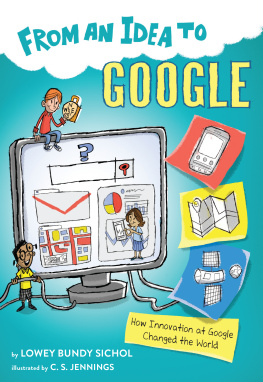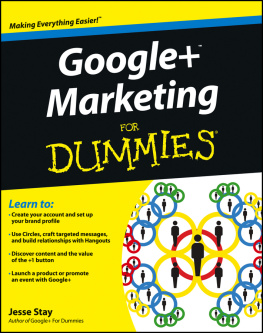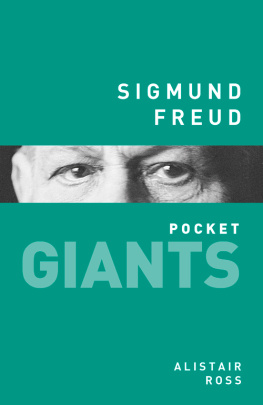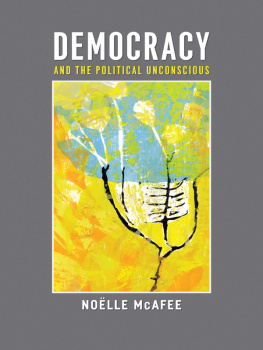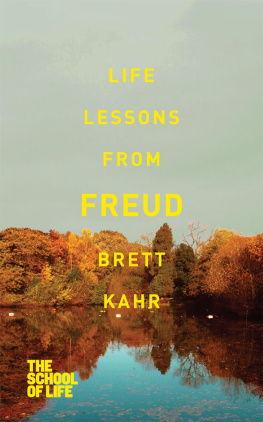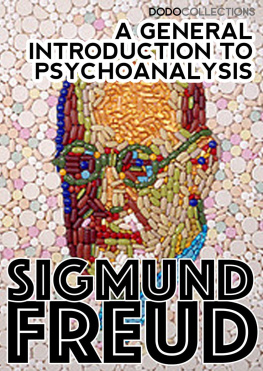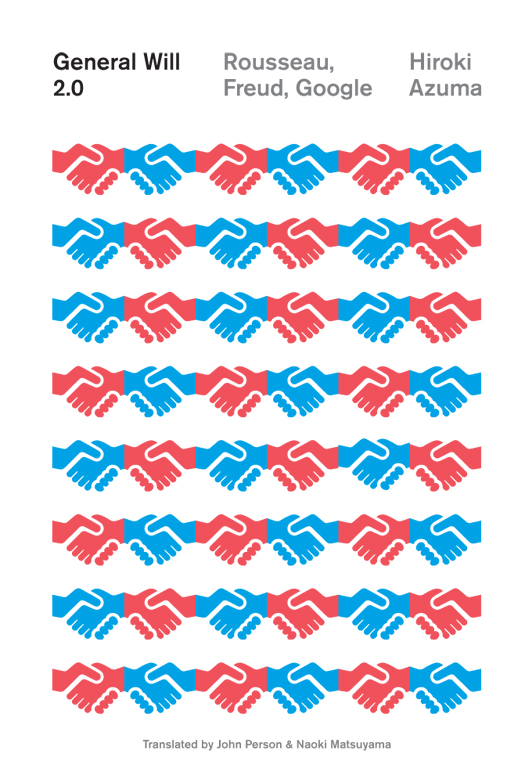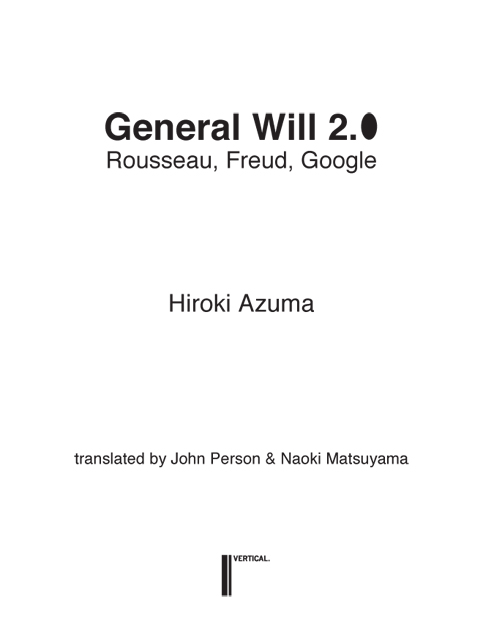Copyright 2014 Hiroki Azuma
All rights reserved.
Published by Vertical, Inc., New York
Originally published in Japanese as
Ippan Ishi 2.0 - Ruso, Furoito, Guguru
by Kodansha, 2011.
e-ISBN 978-1-941220-54-2
Vertical, Inc.
451 Park Avenue South, 7th Floor
New York, NY 10016
www.vertical-inc.com
v3.1
FOREWORD
This book collects a series of articles entitled General Will 2.0 that appeared in publisher Kodanshas PR magazine Hon [Book] between the winter of 2009 and the spring of 2011.
It is a book about what is generally called social thought. It is also a book about information society. However, unlike many publications that are bestowed the words thought and information, the argument of this book is extremely simple.
I argue that the ideal of democracy can be, and should be, updated on the basis of the realities of information society.
That is all there is to this book.

Indeed, the contents of this book are quite straightforward. With a certain amount of patience, anyone can follow the discussion to the end. It does not require knowledge of the history of philosophy or information technology. Being so straightforward, it might even seem a little boring to readers who are accustomed to those laborious books of philosophy and social thought.
However, the fact that this book is so straightforward does not mean that its contents are commonplace. The world is now overflowing with books about how information technology strengthens democracy, or how social media and electronic voting would make a government led by citizens possible. At first sight, this book, too, may appear as falling under this category. However, my argument is in fact fundamentally different from what these publications propose.
This book does not claim that information technology makes democracy possible. Instead, it argues that the advent of a society extensively linked together through information technology changes democracy itself; it changes the image we have of politics and governance. Information technology might indeed make democracy possible. But it will likely be quite different from the democracy that we have become accustomed tothat is the argument put forward in this book.
The book begins with an introduction to the philosophy of Jean-Jacques Rousseau.
Two and a half centuries ago, there lived in France a thinker named Rousseau. He proposed a peculiar concept known as general will, which exerted a strong influence on subsequent generations. The French Revolution, for example, was thought to be the realization of this idea. Despite its massive influence, however, this general will is a very troublesome concept and has long been looked upon unfavorably by specialists, and this has brought some confusion to the discussion over democracy. Still, the thought behind Rousseaus concept can be understood in an astonishingly elegant, simple, and clear manner if it is read from the standpoint of an information society overlaid with computers and the network. Read in the context of the realities of the 2010s, the thought that is at the origin of democracy itself begins to appear as something altogether different.
The argument of the book will proceed along those lines, rereading Rousseau through Google and Twitter to seek out a new definition of the general will.
This will lead us to explore the possibility of another democracy with no deliberation or elections, no political affairs or negotiations, where constituents do not conduct unnecessary communication in the first place, and depersonalized desires are soberly collected. We will think about the possibility of a completely different system, a system of governance through a form of implementation that is completely different from that trite image we now have of politics, from the secret meetings between party leaders at exclusive restaurants and the grass-roots election campaigns where sweaty candidates howl at the crowds.
That possibility is what you will find in this book.

As I have stated at the beginning, this book is a collection of essays that were serialized in a magazine. I have added to the original text in many places in order to make the argument easier to follow. Some parts have been written almost entirely anew. However, the overall structure has not been altered. The flow of the argument in each chapter has not been changed either.
I customarily make sweeping corrections before serialized articles are compiled in book form. Naturally, there are differences between a series of articles in a magazine and a book in terms of the rhythm of the argument, as well as the expectations of readers. I had therefore expected to make drastic adjustments to this series of articles too, including how to arrange the chapters.
For this book, however, corrections have been kept to partial adjustments. This is because I became conscious of the fact that I was in a mental state where if I did embark on a complete revision, I would instead start to write a completely new book.
What do I mean by this?
To repeat, this book discusses the possibility of democracy. It is also a book that attempts to read and interpret Rousseau. It is not a book that talks about a specific political situation. Readers are entrusted with the task of imagining concrete forms and implications. I am neither a scholar of politics nor a journalist, and all I can present in a responsible manner is an abstract argument. This is why the argument of this book should still be valid ten or twenty years from now, or even in countries other than Japan.
However, it is also undeniable that the book was conceived and written in a specific place and historical period.
I mentioned earlier that the articles that this book is based on were published in serialized form in a magazine from the winter of 2009 to the spring of 2011. These one and a half years coincided with a period in which Japanese society was shaken in a significant way.
I began writing the series when all of Japan exploded in excitement at the advent of a new administration, and expectations towards politics peaked. I continued writing the series into the following year as I saw disappointment with the Democratic Party of Japan spreading quickly due to its unceasing string of blunders, with confidence in politics itself wilting rapidly away.
This was also a period during which social media quickly spread domestically, drastically changing the power dynamic between the mass media and the network. By coincidence, for a year during that period I was put in charge of an editorial column in the newspaper Asahi Shimbun that covered recent articles of criticism in major journals and periodicals. The person in charge of this has the duty to attend a monthly study group with a commission of experts. There was never a meeting where current trends in the network did not come up. E-books and dada-mor became buzzwords, classified footage taken by the Japan Coast Guard was uploaded on the internet, and outside of Japan, Wikileaks and the revolutions in the Middle East attracted major public attention.
In other words, this book was written in a period in which Japanese society finally lost all confidence in conventional forms of politics and communication and timidly began to direct its attention to the possibility of a new method of consensus formation mediated by the network.


